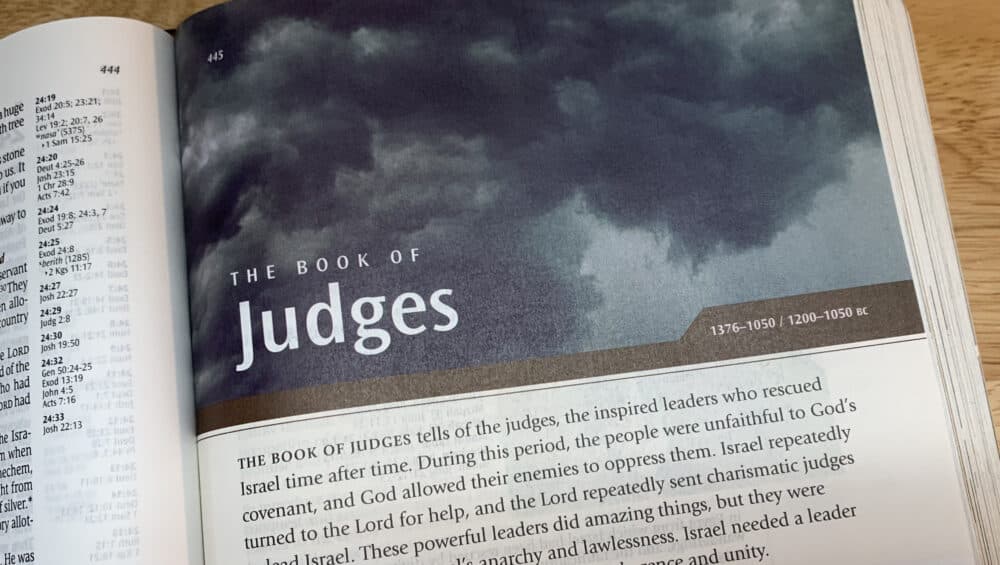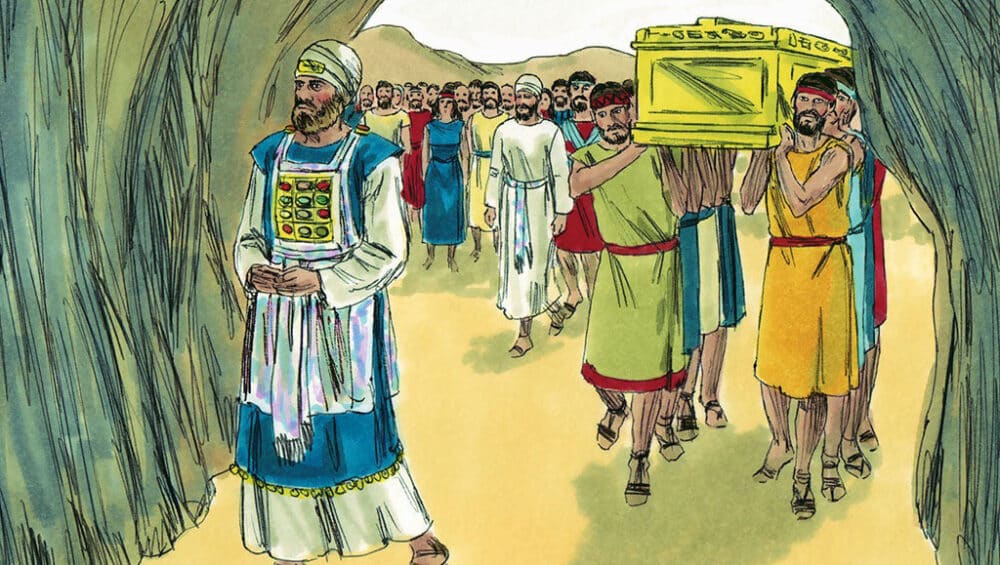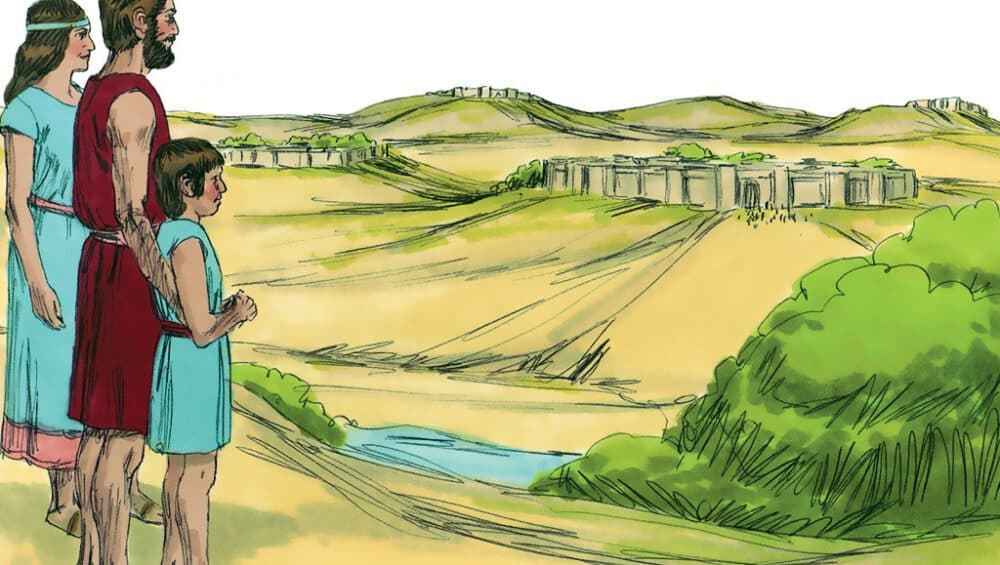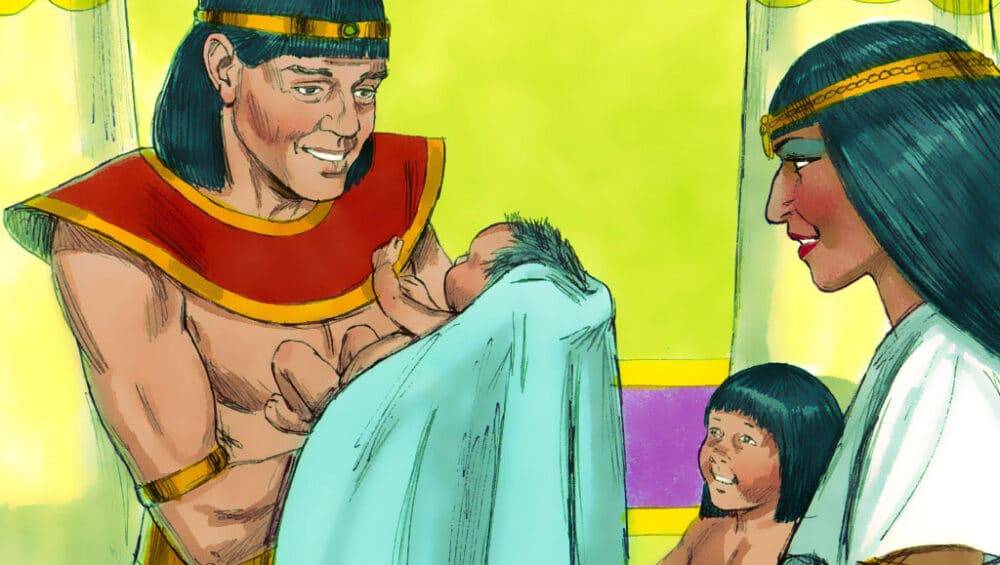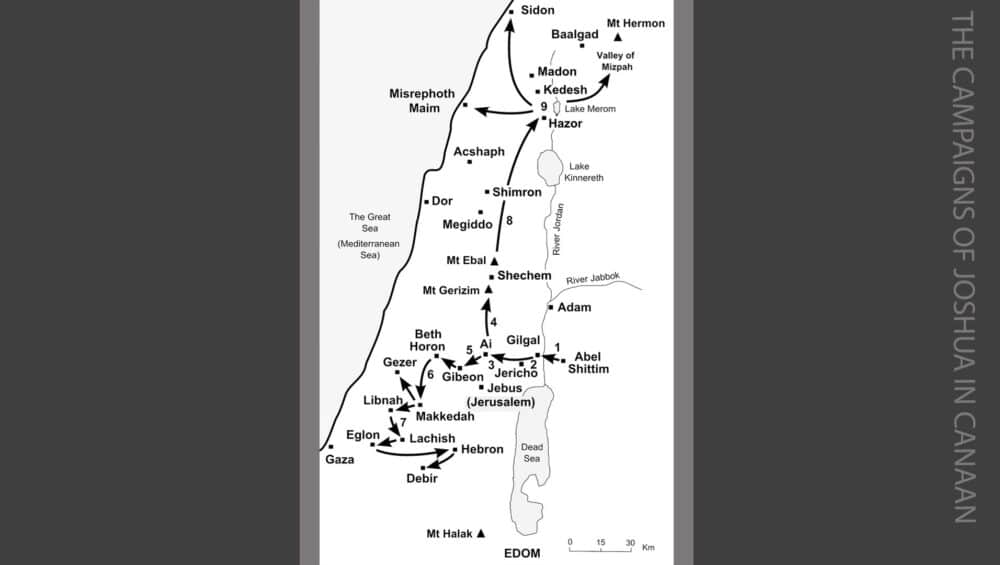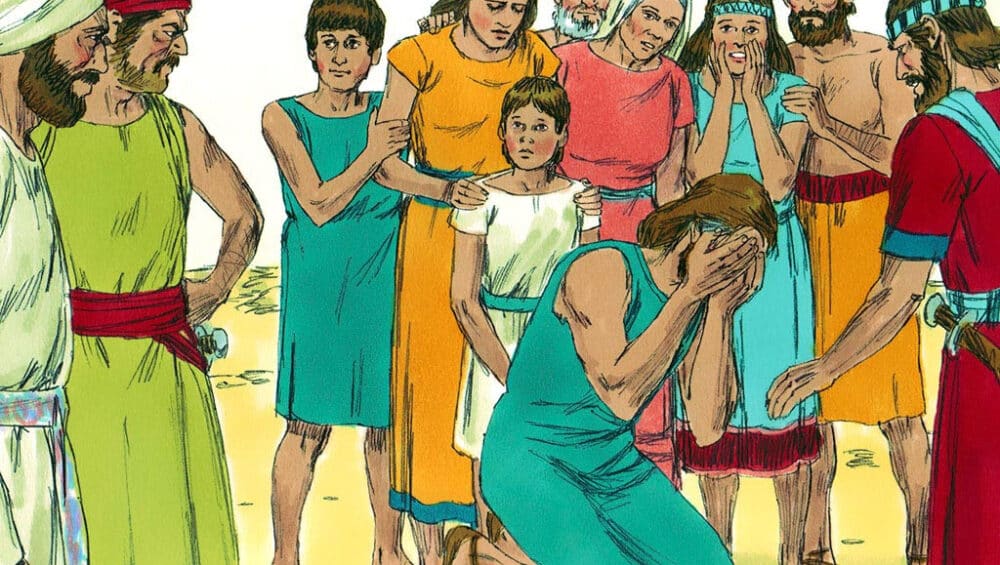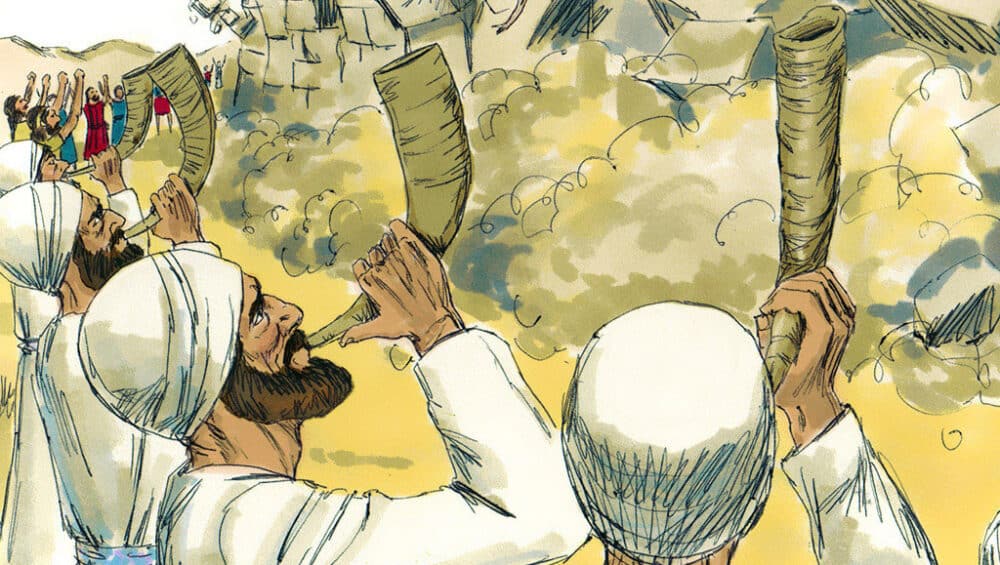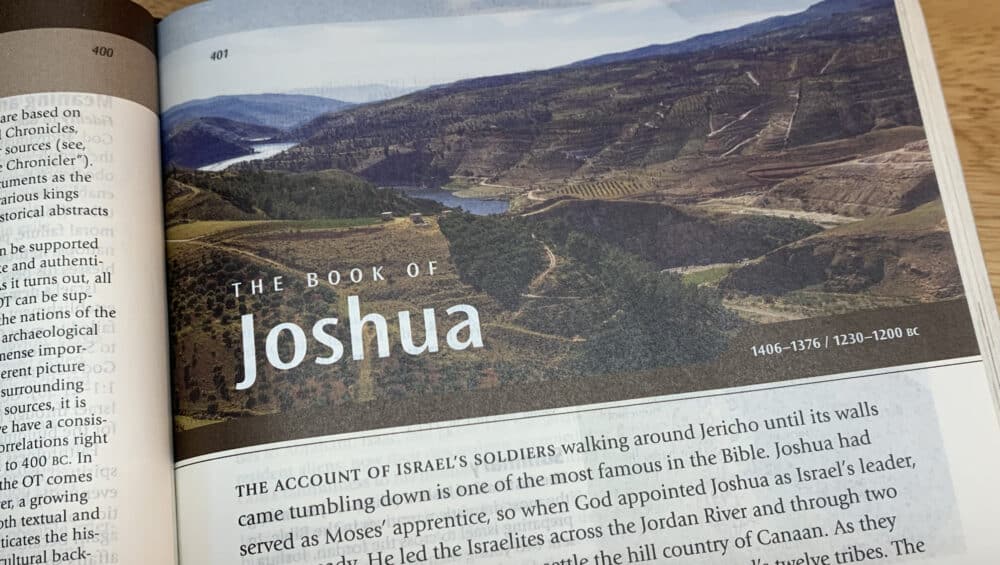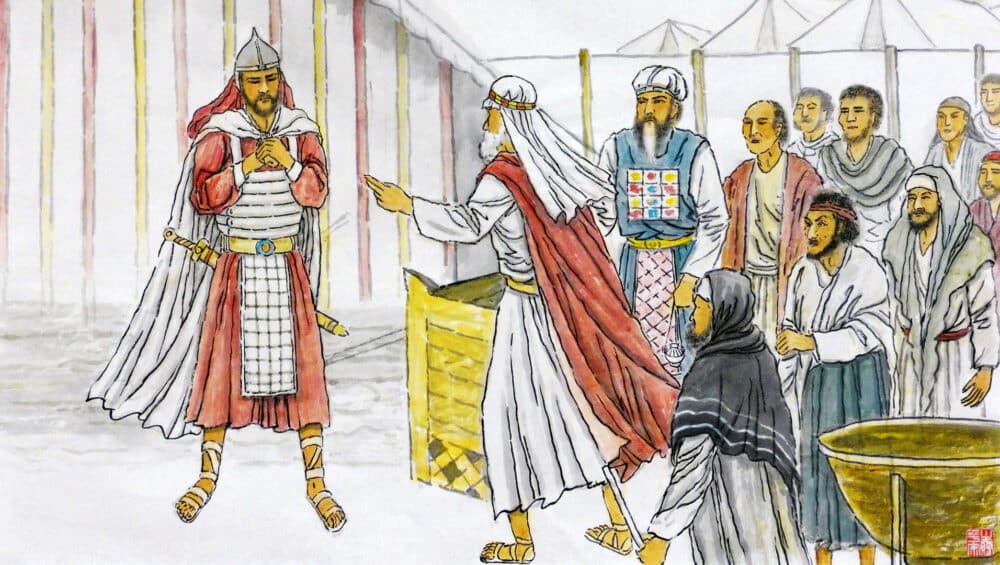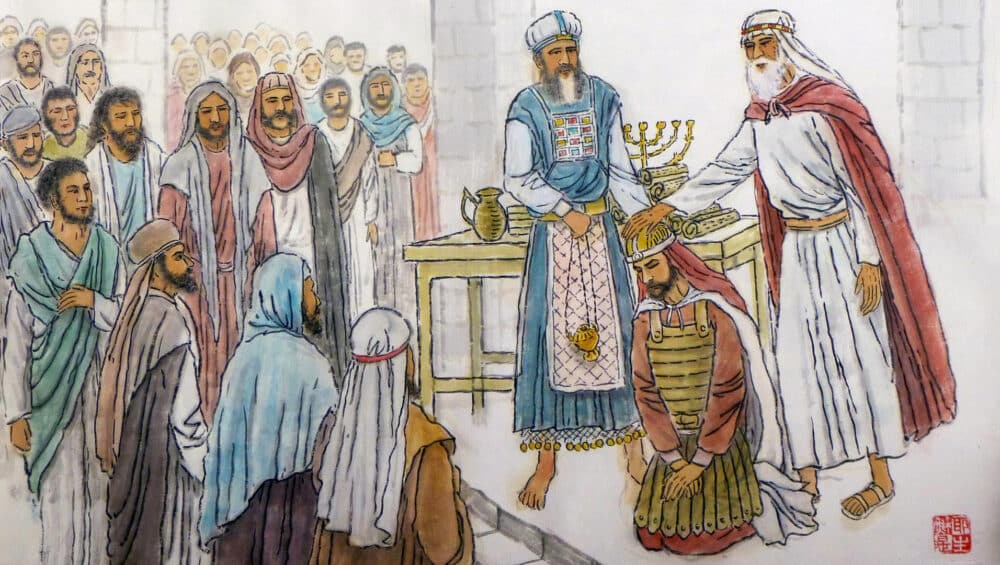Wong Chim Yuen
Welcome to Livin’ Light’s Bible-In-A-Year challenge of discovering God’s love for us and His purpose for our lives. Here is the format for this great adventure: The daily reading assignment is posted at 5 a.m. After each day’s reading, Leigh An Coplin, the blog host, shares observations and poses questions about difficult passages to Rob Fields, who studied Christian Education at Asbury Seminary and currently teaches Biology in the Orlando area. To start from the beginning, click on 365 Bible Readings and scroll down to Day 1. The reading schedule is taken from The One Year Chronological Bible NLT.
Today’s Reading
— Judges 1-3:30
For background information on Judges, go to http://www.biblestudytools.com/nlt/judges/
(1374-34 BC) Click here for a timeline of the entire Bible.
Questions & Observations
Q. (Judges 1:6): What is the practice of cutting off thumbs and big toes? I remember something with priests and some kind of ceremony where toes or feet were included. Another thought: To be a leader takes a good amount of risk of your own life, even today. But a point that might be worth noting is did any of the leaders who followed God ever get killed?
A. The act of cutting off toes and thumbs was a common mutilation of this era. This disfigurement caused the man to be no longer fit for military service, as he could not march or carry a weapon such as a sword or spear.
Regarding Israel’s leaders, we will see some of them get into trouble, but only those who are unfaithful. The first king of the nation, Saul, dies in combat, and we will see how Samson’s unfaithfulness to God causes his downfall later in this text.
Q. (1:20): I remembered you said that Anak’s people where the “giants” who scared the Israelite scouts because of their size. I just looked up Anak and my Bible dictionary said that he and his descendants were part of the Nephilim that we talked about in Genesis. They were ancient heroes, a product of sexual relations between heavenly beings and humans. I am surprised this came up again.
A. Honestly, I suspect part of the reason it is mentioned in Genesis at all is because the descendants of this Anak settle in the land of Canaan. If you look back at it, you can see a bit more clearly now why the author of Genesis (whoever it was) spent all that time looking at family lines: they keep coming up because the descendants are still around.
Q. (1:21-36): Several of the tribes failed to clear their land of Canaanites. Is there a reason? 2:1-5 gives us the answer, right?
A. You got it.
Q. (2:10): I think we see a pattern here of one Israelite generation following the word of God and then the next generation falls from obedience. Thank goodness we have the Bible to show us that following the Lord has to be a constant practice. We have to teach it to our children, so if they stray, they have Christianity as their foundation and will likely come back. Then, they teach their kids the same thing. Any comments on the patterns?
A. It appears what keeps happening is that these “next” generations are taking for granted what God had provided to their families, and just as God (through Moses) warned them (Deuteronomy 6:12 and 8:11), when they forgot God, they tended to make bad decisions. That appears to be the pattern.
I think we can see this in the lives of our own families. People who started with nothing and worked their way into wealth would be much more likely to appreciate what they have, but their children, who do not know poverty, are much more likely to take the wealth for granted, even if the parents warn them not to. I do think that teaching our kids to trust in Christ is, obviously, a worthwhile goal, but we have to ensure that we are really trusting in Him, and not just our wealth or possessions, because kids see through facades like that. If we try to fake it, or don’t give God our whole heart, I think our children will be much more susceptible to the types of corruption that we see in this story and throughout the Bible.
Q. (2:11): Why were the false idols so attractive to the Israelites. Is it because they could see the idols, where God is not visible?
A. That certainly would have something to do with it. I think a majority of the problem is that the gods such as Baal and Asherah had their power related to things such as crop growth and fertility, both of which were crucial to the survival of the people. Just like us today, the people were seduced by the voices of others telling them that all they had to do was put this faith in this product or this god, and they would be taken care of. In a way, it is remarkable how close we are to that very pattern in our consumeristic thoughts today.
Q. (2:16): Will we find out who the judges are?
A. The point of the book is to reveal the way that God raised up leaders from the people (which the book calls judges, but they are more like tribal warlords at this point) to deal with the series of crises that arise during the book. The introduction at the top of the page lists the major judges and what they did.
O. (2:21-23): I love when the answer to a question is right there in plain sight, “I did this (no longer drive out nations that Joshua left unconquered) to test Israel — to see whether or not they would follow the ways of the Lord as their ancestors did.” I think that many times, I need wait a little longer for answers. I get impatient.
Q. (3:15): Why is someone being left-handed important enough to mention?
A. My notes indicate two reasons this was noticeable. First, the tribe Ehud is from, Benjamin, means “son of my right hand,” so the reference is somewhat ironic, and is perhaps a bit of humor on the authors part. The other thing that IS crucial is that being left-handed, Ehud could conceal his dagger on the opposite side where it would commonly be searched for on his right side. This is probably what allowed him to sneak the dagger into the king’s chamber and assassinate him.
Q. (3:21-23): This scene sounds like something from South Park. (I have not watched it in 14-15 years, but what I remember is that it’s pretty vile humor.) Why is this in the Bible? I don’t mind. It offers some comedy. Also, NLT says that he escaped through the latrine, which has a footnote that it could be a porch and that the Hebrew translation is uncertain. Maybe it was through the bathroom window, onto the porch? Ha.
A. I don’t really have a good answer to this question. The author is recounting what he was (I assume) told happened. Ehud skillfully assassinates the king, and even if it is (sort of) humorous, he deals a major blow to the enemy and then brings peace to the entire nation for almost 100 years.
Q. (3:30): So there was peace for 80 years. Because of the calm, we can assume that Ehud was a follower of God?
A. Yes. When the story tells us that God raised a person up, it is a person who follows Him faithfully. That’s the pattern that is set and will be followed.
For further study: Why did the Israelites keep worshipping other idols when they have God? Aren’t we better today than they were? https://www.gotquestions.org/Baal-and-Asherah.html
Shop: Christian shirts get noticed. Check out these conversation starters: https://livinlight.org/shop/
Tomorrow’s reading: Judges 3:31-6:40

